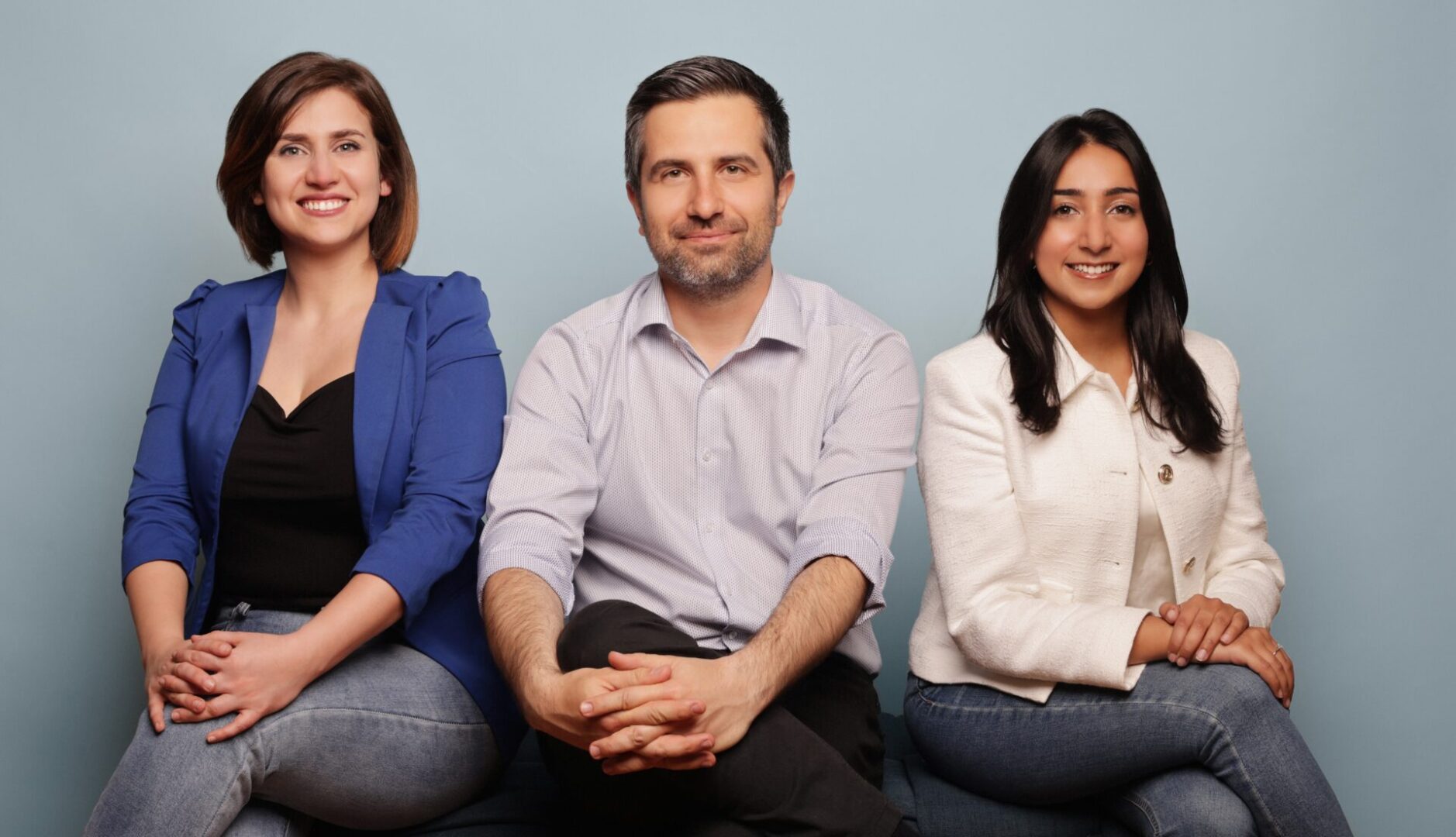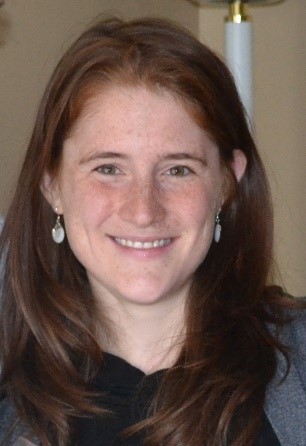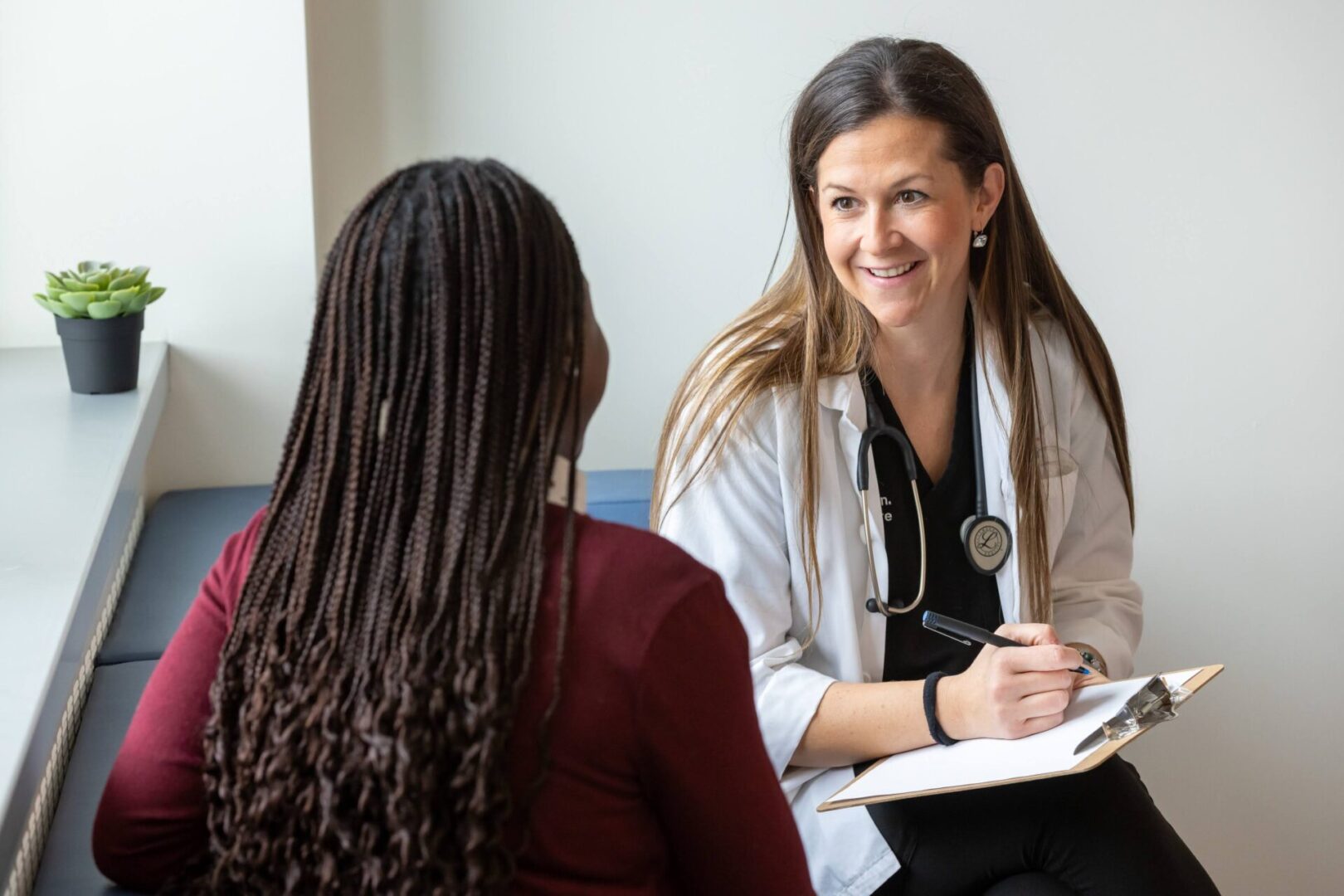A Dedicated Biobank to Better Understand COVID-19
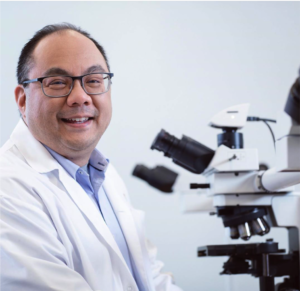
If the fight against COVID-19 has been so complex, it is largely because of the lack of information available at the outset. During the first months of the crisis, we knew very little about the evolution of the virus, its modes of transmission, its effects on the immune system and on various organs of the human body, everything, or almost everything, remained uncertain.
Even today, several elements still need to be studied and the same will be true for years, and even decades, to come. That’s why the MUHC Infectious Diseases and Immunology team led by Dr. Donald C. Vinh has set up a COVID-19 biobank within the MUHC Research Institute. The Montreal General Hospital Foundation is proud to have been able to support this project thanks to the generosity of its donors. The fight against COVID-19 has obviously become a priority and having the support of our community makes it possible to quickly set up new essential research projects.
How a biobank works
Biobanks store samples of tissue, blood, cells and other biological elements. All of these samples are collected with the consent of patients and then stored confidentially in large refrigerators or freezers so that they are frozen in time. The samples can thus represent a virus, a disease or a healthy sample at a specific moment in time.
The COVID-19 Biobank
In the specific case of the COVID-19 Biobank, blood samples as well as clinical data (symptoms felt by the patients, blood pressure, temperature, etc.) will be collected at specific times during the 14 days following the diagnosis, but also during the months that follow. Experts will also analyze samples from the respiratory tract, urine, amniotic fluids and breast milk. This variety of samples will provide as complete a picture as possible of a complex virus with unknown long-term effects.
What the COVID-19 Biobank will do
The MUHC Research Institute’s COVID-19 Biobank will be part of the Provincial Biobank, whose mandate has been established by the Fonds de Recherche du Québec as well as Génome Québec.
In addition to fulfilling the government’s mandate, the team at the MUHC-RI COVID-19 Biobank will aim to serve the entire Quebec scientific community, as well as patients and the community at large by:
- Systematically collecting clinical data and valuable samples to meet the specific objectives of clinical and/or epidemiological studies
- Facilitating the collection and storage of samples for biomedical research
- Participating in collaborative research activities
- Establishing a community of practice focused on biobanking
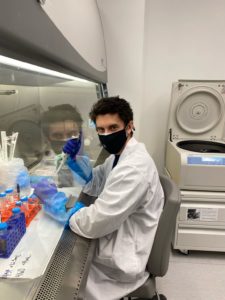
Ultimately, the goal is to support translational research, i.e. research linking the laboratory to the clinic in order to provide patients with increasingly effective treatments.
This requires the involvement of a complete research team as well as state-of-the-art laboratory equipment and other related resources. For this reason, the Foundation quickly committed to supporting the RI-MUHC COVID-19 biobank. With your help, we will be able to extend our vital support for years to come as Dr. Vinh’s team continues its research and analysis to master not only COVID-19, but all viruses that humanity may face in the future.
The biobank’s infrastructure, equipment and teams will also be great assets to study and understand other infections. Whether in oncology, orthopedics or immunology, they are poorly understood and can wreck real havoc in the human body.
Dr. Vinh also raises the fate of cancer patients who are often at greater risk of developing serious infections. Biobank data could be useful in the analysis of why some will become infected and others will not. This will in turn help us in the development of new personalized treatments.
By donating now, you will help find answers about COVID-19. You will also help understand how to effectively combat other viruses and infections.



